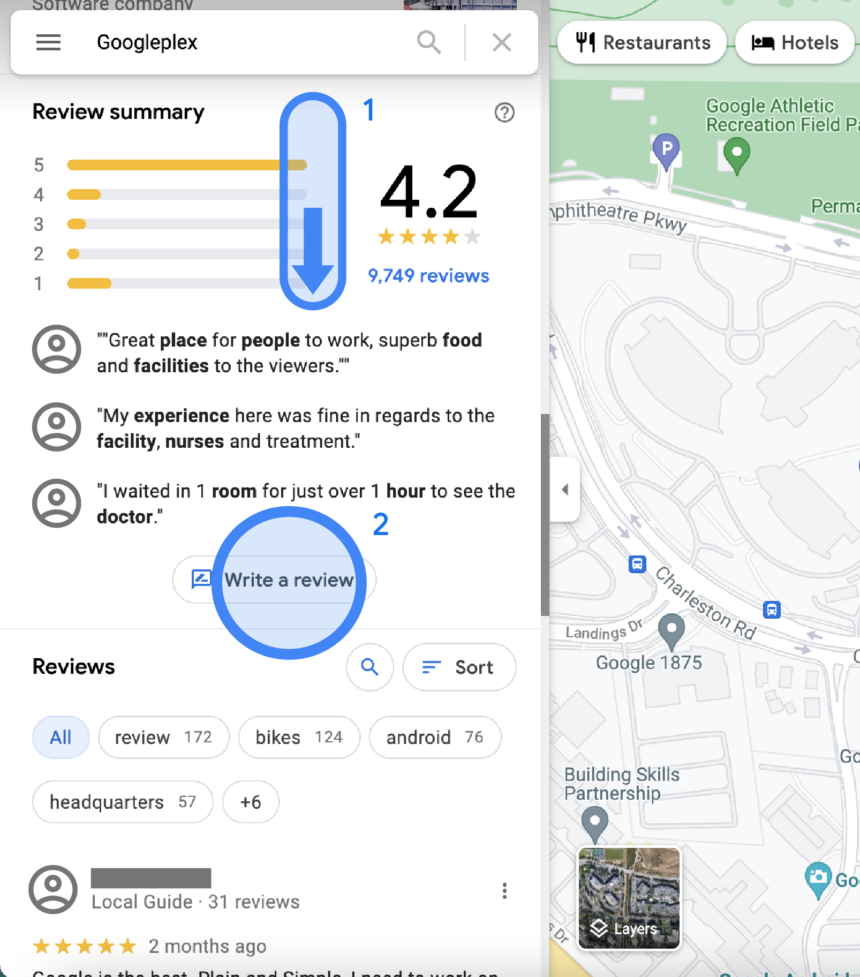Google Maps has taken a firm stance against fake reviews by not only removing fraudulent feedback but also labeling business profiles that engage in such deceptive practices. This update marks a significant step forward in Google’s ongoing mission to provide users with authentic, trustworthy reviews and ratings. Businesses that pay for or generate fake reviews to boost their ratings are now facing penalties, including the risk of being flagged or having their profiles restricted.
What’s Happening & Why This Matters
Google’s Crackdown on Fake Reviews
In a bid to improve user trust in its platform, Google has updated its “Fake Engagement” policy. This policy, which was initially limited to the UK, now applies globally. Businesses found to be engaging in fake reviews—whether by paying for them or having employees post them—can expect more than just removal of the fraudulent feedback. Google has the power to lock down the offending business’s Google profile, preventing new reviews and ratings from being posted for a set period.
If a business is caught violating these rules, Google may display a warning on the business profile to inform users that fake reviews have been removed. This warning serves as a red flag for potential customers, signaling that the business has been involved in dishonest practices. The goal is to protect consumers and promote transparency in online reviews.
Legal and Financial Consequences
Google’s move comes after the U.S. Federal Trade Commission (FTC) introduced tougher regulations against fake online reviews. The FTC’s crackdown makes it illegal for businesses to buy or sell fake reviews, and violators face steep penalties—up to $51,744 per violation. This combined effort from Google and the FTC creates a clear message: manipulating reviews for profit won’t be tolerated, and businesses that do so will face legal and reputational consequences.
Why It Matters for Consumers and Businesses
For consumers, this change is a welcome relief. Google Maps has become a go-to source for finding reliable businesses, from restaurants to service providers. Fake reviews erode trust and make it difficult for users to make informed decisions. Now, with Google’s more aggressive stance, customers can have greater confidence that the reviews they read reflect genuine experiences.
For businesses, the message is clear: honesty is the best policy. Companies that engage in unethical practices risk not only being flagged by Google but also facing legal consequences. At the same time, businesses that focus on delivering real value and earning authentic positive reviews will stand out in a more trustworthy and transparent marketplace.
TF Summary: What’s Next?
Google’s new policy to label businesses that post fake reviews is a significant step toward ensuring transparency in online reviews. As these changes are deployed, businesses must prioritize earning real, genuine feedback to maintain their reputations. Consumers can expect a more reliable review system, helping them make better decisions about where to spend their money. Ahead, this clean-up initiative may prompt further actions from other platforms and regulators — all aimed at keeping online spaces honest and fair for everyone.


